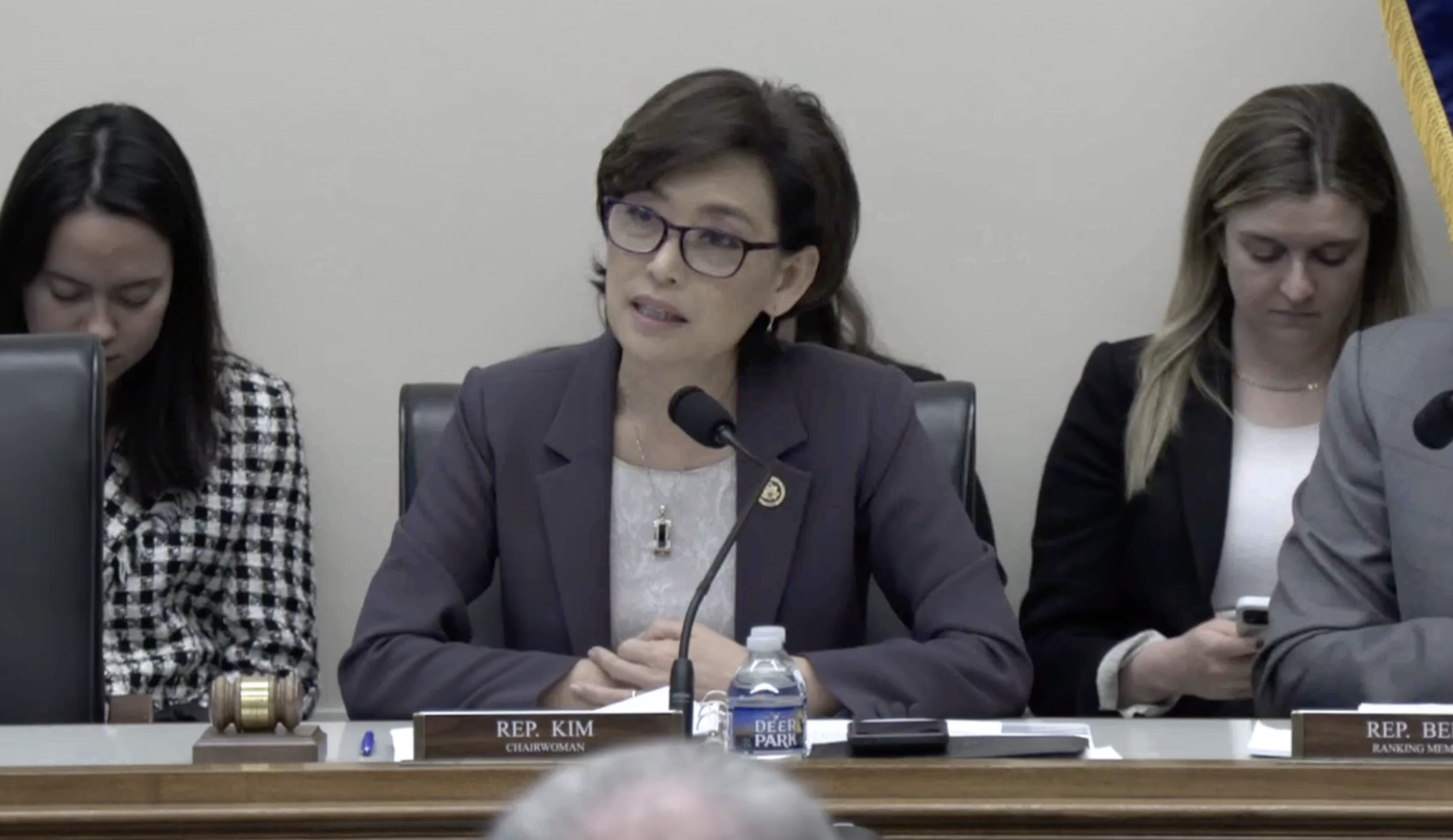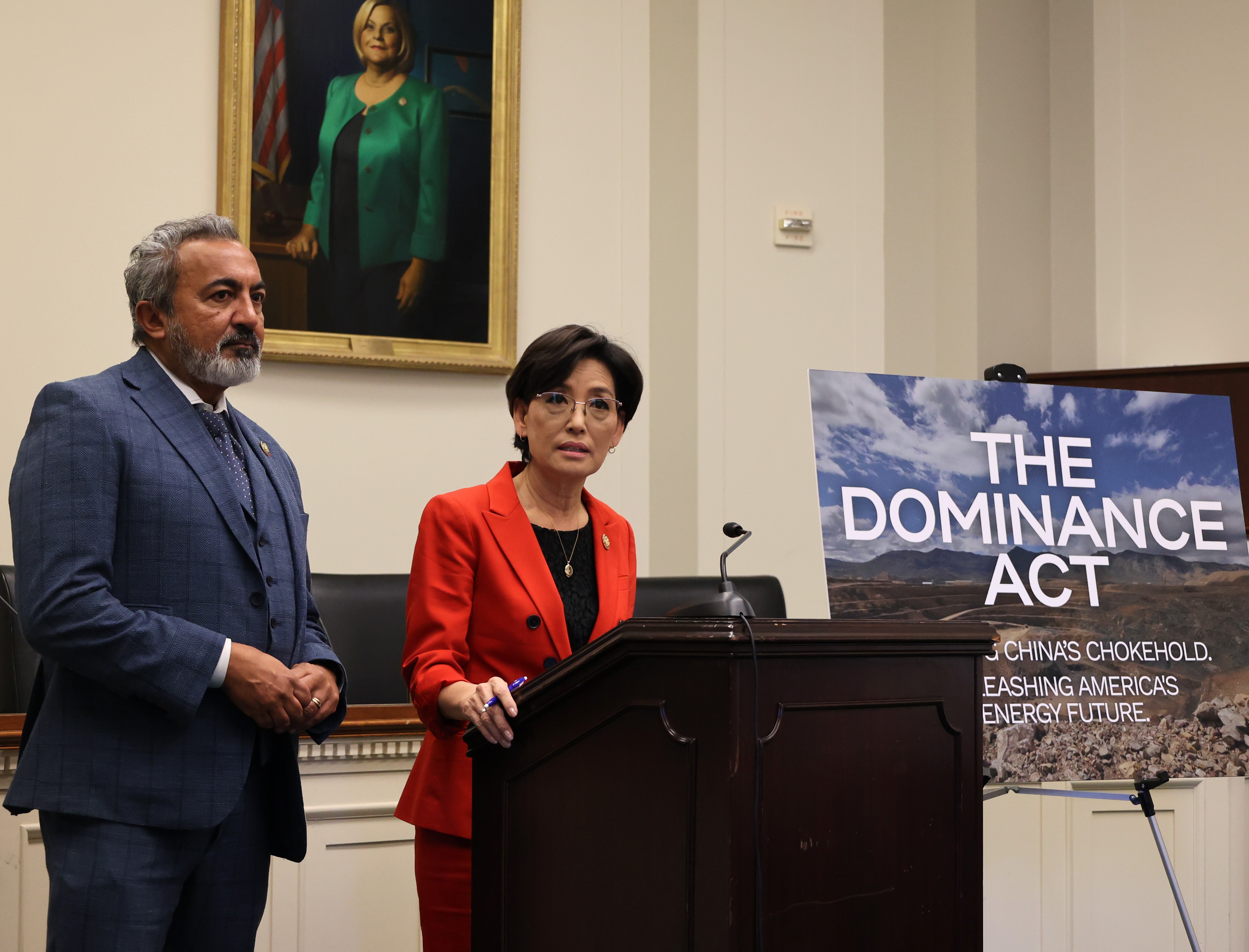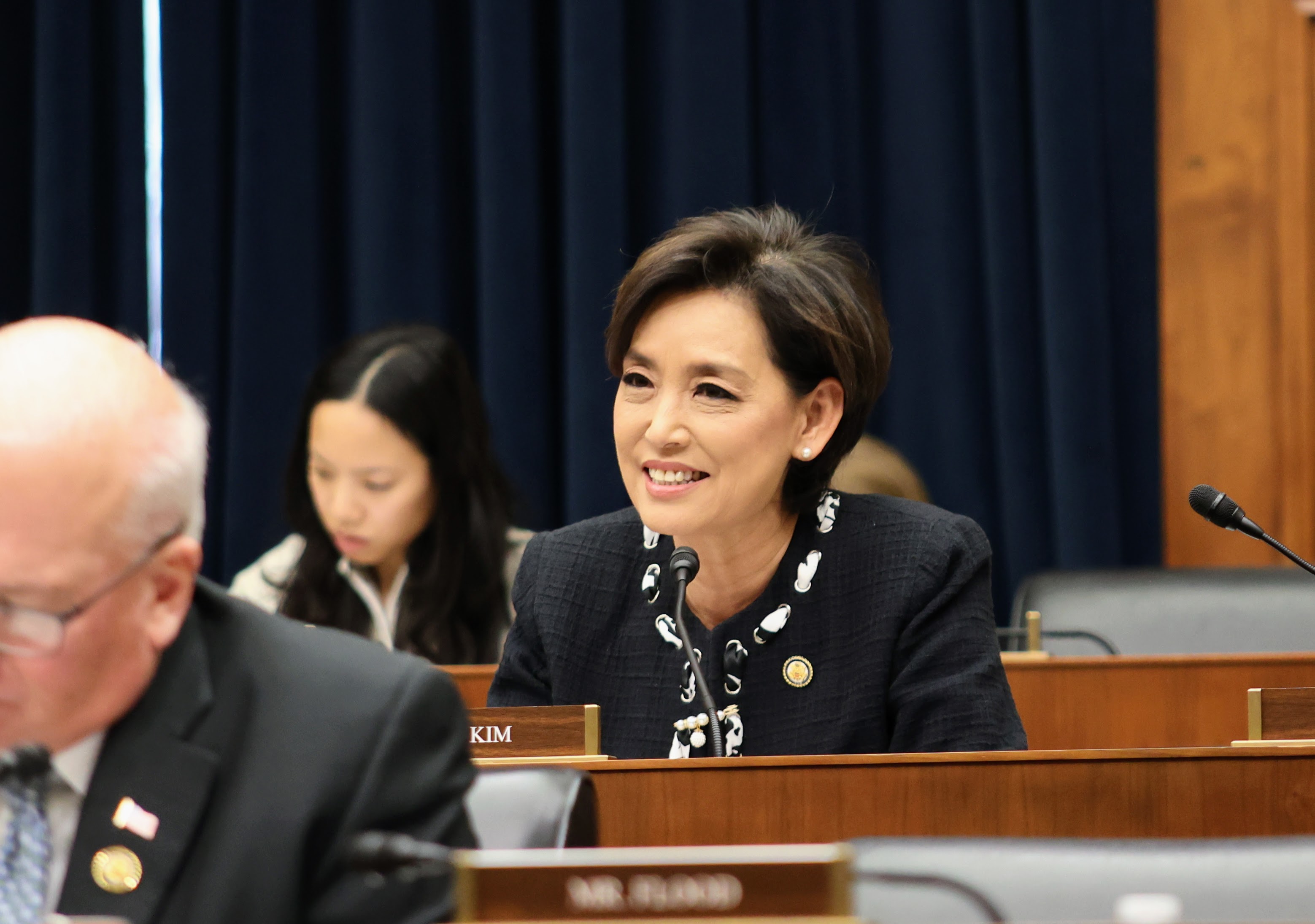Washington, DC – Today, U.S. Representative Young Kim (CA-40), who serves as chairwoman of the Indo-Pacific Subcommittee, is holding a hearing titled, “Commerce as Statecraft: Better Leveraging U.S. Business to Advance our Economic and National Security Goals in the Indo-Pacific.”
Watch Chairwoman Kim’s opening remarks HERE or read them below.
Welcome to the Indo Pacific-Subcommittee’s hearing entitled “Commerce as Statecraft: Better Leveraging U.S. Business to Advance our Economic and National Security Goals in the Indo-Pacific.”
To say that the Indo-Pacific region is economically important to the United States is an understatement. The Indo-Pacific region is the largest market in the world for U.S. exports. This region supports over three million U.S. jobs and $900 billion dollars in foreign investment in the U.S. It is home to 60% of the world’s population and a top contributor to global economic growth. In my home state of California, 20% of our exports go to the Indo-Pacific, totaling over $25 billion dollars.
The Indo-Pacific is a top U.S. market and vital to the strength of the U.S. economy. Yet despite this importance, the U.S. government has failed to economically engage in the Indo-Pacific in a sustained and substantive way. We have no comprehensive multilateral trade deals in the Indo-Pacific, and only a few free trade agreements with countries in the region. This can lock out U.S. exporters and investors from many dynamic economies and does nothing to level the playing field against highly subsidized by the Chinese Communist Party, or CCP-which uses its dominant export position to pressure and coerce our friends and allies. I have traveled to nine Asian countries in the past year, and in every country, I hear the same thing: that the U.S. is the partner of choice, but without substantial economic incentives, countries will be forced to accept trade and investment with political strings attached by the CCP.
We were disappointed to hear that the Indo-Pacific Economic Framework did not include market access issues or tariff reductions. I considered IPEF as a potential first step toward a more comprehensive economic agenda, but it was certainly not enough. And now that the Biden administration has decided not to sign the trade pillar, it is even less of a useful framework. Furthermore, partners in the region are reeling from the Administration’s announcement of a moratorium on all new natural gas exports to non-FTA countries.
Despite being an advocate for free trade, I am aware of the dynamics around trade policy. It will take both Congressional and White House leadership to inform Americans on how increasing free trade in the Indo-Pacific will benefit our small businesses, families, and national security. Yet even without active free trade negotiations, we can do so much more in the region economically.
First, we must be serious about pursuing sectoral agreements in the Indo-Pacific. We know semiconductors and critical minerals are components that will be key for our technological advancement, and we know that countries in the Indo-Pacific have the capability and resources for both. We cannot let this opportunity go to waste. We must start negotiations for critical minerals agreements and semiconductor supply chain agreements. We should be using these negotiations to raise standards in certain countries while deriving tangible, mutual benefits from the agreements.
Second, we need commercial diplomats that fight on behalf of U.S. companies. State and Commerce should be seeking legal and regulatory changes in these markets and advocating for U.S. companies to win business. The Foreign Commercial Service and economic cone of the State Department’s Foreign Service Officers should be actively finding trade and investment opportunities and helping U.S. companies seize them. Lastly, we have to be serious about setting the standards and frameworks for digital economy and digital trade. Southeast Asia’s digital economy alone is worth a trillion dollars, and I have heard from multiple countries that further digitization will bring even more growth. The U.S. must lead in the standards and set frameworks for good digital economy practices, or risk losing this ground to the CCP.
Given these priorities, I would like to hear from our witnesses what lines of efforts they are taking increase U.S. exports in the region and provide legal and regulatory certainty for investments in the region, including through free trade agreements. I thank our witnesses for their willingness to testify today, and I look forward to a detailed discussion about U.S. government efforts in this regard.




